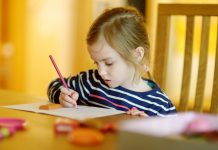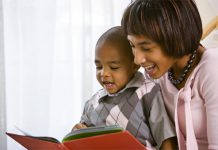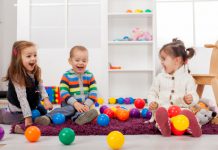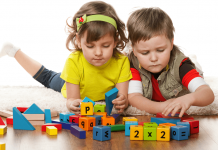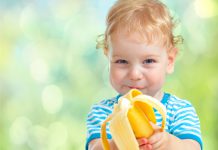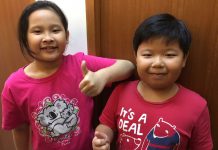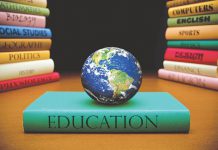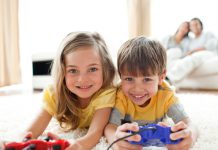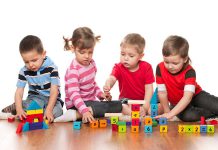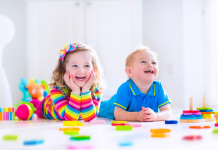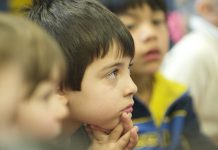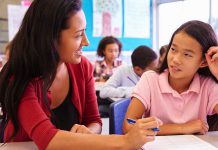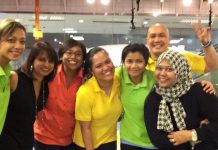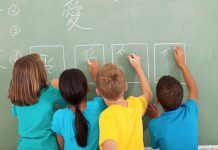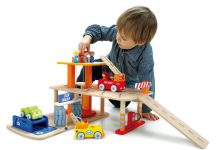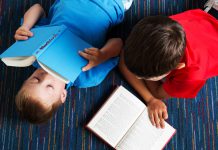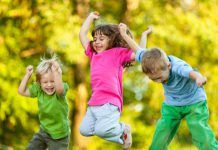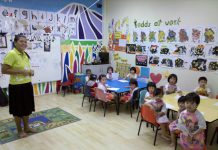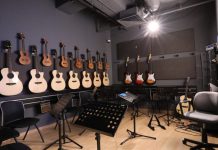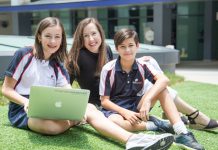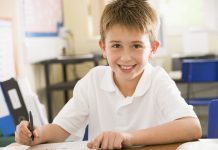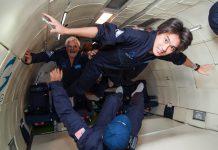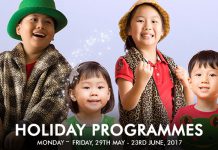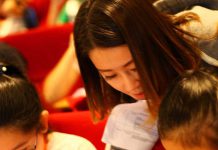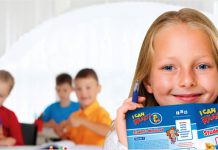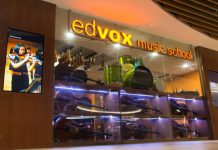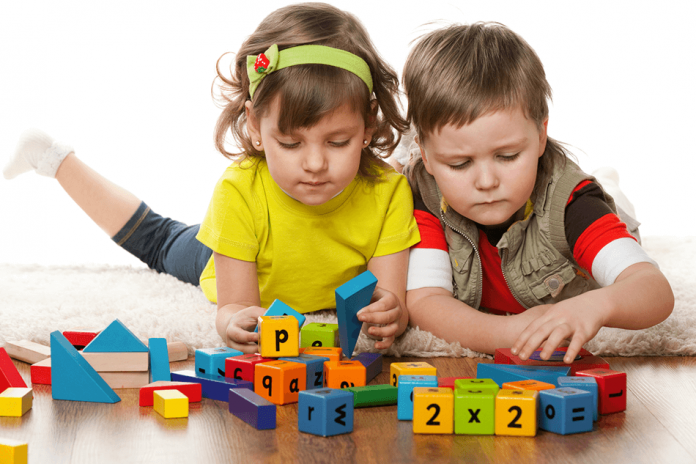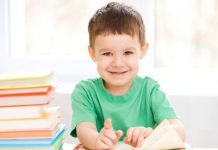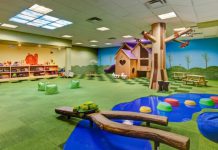Refreshed Kindergarten Framework
New Kindergarten Curriculum Framework Spells Out Clearer Learning Outcomes, Emphasises Holistic Development
Teaching Preschool
MOE has released a new Kindergarten Curriculum Framework (KCF) that underscores the importance of holistic development of children.
It emphasises confidence-building and social skills, and the need to develop learning dispositions that prepare preschool children for life-long learning.
Children are curious, active and competent learners. Learning dispositions are positive behaviours and attitudes to learning in children. To help children become life-long learners, learning dispositions should be nurtured, together with knowledge and skills, from a young age.
The learning dispositions outlined in the KCF are perseverance, reflectiveness, appreciation, inventiveness, sense of wonder and curiosity, and engagement.
By understanding how children learn and what they are capable of, teachers will be able to better plan classroom activities for their charges.
That’s why the new framework elaborates on the teaching and learning principles. For example, ‘Play as a medium for learning’ is one of the existing principles. The new framework expands this principle by providing more details on the role of the teacher in facilitating purposeful play.
6 Areas Of Learning
Six learning areas, with a set of newly-defined learning goals for each learning area, establish what children are expected to learn by the end of Kindergarten 2.
They are Aesthetics and Creative Expression, Discovery of the World, Language and Literacy, Motor Skills Development, Numeracy and Social and Emotional Development.
Crafted in consultation with early childhood experts, primary and pre-school educators, these learning areas and goals aim to facilitate children’s transition from preschool to Primary 1.
Support For Teachers
MOE encourages preschools to use the refreshed framework when reviewing and planning their kindergarten curriculum.
It will provide greater curriculum and training support to equip preschool teachers to put the teaching
Using The Framework
The framework is not intended to provide strict rules about what must be taught.
Rather, the framework provides guidelines for a holistic preschool education, while giving educators the discretion to customise their curriculum according to the interests, needs and abilities of their students.
This framework can also be useful for parents. Some principles are broad-based and helps you use strategies in your care and discipline at home.
Children learn by doing. They are also more likely to understand and remember skills and concepts learnt through participation, exploration and experimentation involving real-life objects and experiences. Their thinking and reasoning skills evolve over time as they build new knowledge upon their existing knowledge and experiences. Through this continual process of thought and reflection, children deepen their understanding of how the world works.
Key Outcomes
At the end of their preschool education, children should:
-
know what is right and what is wrong
-
be willing to share and take turns with others
-
be able to relate to others
-
be curious and able to explore
-
be able to listen and speak with understanding
-
be comfortable and happy with themselves
-
have developed physical co-ordination and healthy habits
-
participate in and enjoy a variety of arts experiences
-
love their families, friends, teachers and school

